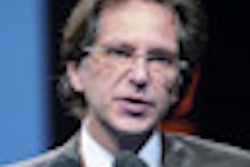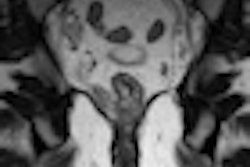Both radiation and medical oncologists are twice as likely as other cancer care specialists to discuss fertility preservation with young cancer patients before they start their treatments, according to a study published online in Practical Radiation Oncology.
The guidelines of the American Society of Clinical Oncology (ASCO) recommend that all cancer patients who are of childbearing age be advised of fertility risks and options for fertility preservation, and be referred to a reproductive endocrinologist. Yet only 47% of respondents to a survey sent to more than 1,000 physicians indicated that they complied with any portion of the guidelines.
By comparison, 84.5% of responding medical oncologists and 82.6% of radiation oncologists replied that they discussed the effect of cancer treatments on future fertility "often" or "always" with their patients. However, only 45% of medical oncologists and 40% of radiation oncologists reported that they regularly referred patients who had additional fertility-related questions to an infertility specialist or a reproductive endocrinologist (Pract Radiat Oncol, January 25, 2012).
The study is based on a survey conducted in 2009 by researchers at the H. Lee Moffitt Cancer Center and Research Institute in Tampa, FL, who undertook a national study of practice behaviors. They sent a 53-item survey by mail and Internet to a stratified sample of oncology-related professionals listed in the American Medical Association Masterfile. They received a 32% response, and of these individuals, 110 (17.9%) were radiation oncologists and 165 (26.9%) were medical oncologists or hematologists.
Lead author Clement Gwede, PhD, and colleagues suggested that radiation oncologists have a unique role in communicating fertility preservation to their patients because they typically have multiple encounters with them. Future studies should examine why some patients are not referred, and what patient characteristics may impact referral, the group recommended.



















